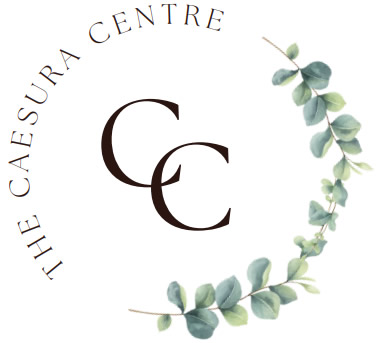OCD, Hoarding, Decluttering and Organising Services
Obsessive Compulsive Disorder (OCD)
The NHS defines obsessive compulsive disorder (OCD) as a common mental health condition where a person experiences obsessive thoughts and behaviours.
People with OCD can experience frequent obsessive thoughts and compulsive behaviours.
An obsession is an unwanted and unpleasant thought, image or urge that repeatedly enters a persons head and often causes feelings of anxiety, disgust or unease.
A compulsion is a repetitive behaviour or mental act that the person feels the need to carry out to temporarily relieve the anxiety and distressing feelings brought on the the obsessive thought.
A number of factors can contribute towards the development of OCD including:
- Family history – If a member of the family has OCD, it can increase the chance of other family members developing OCD
- Differences in the brain – some people with OCD have areas of unusually high activity in their brain or low levels of the chemical serotonin
- Life events – OCD an be more common in people who have experienced abuse, neglect, bullying or other traumatic experiences or after a significant life event such as pregnancy, childbirth, bereavement or loss of a relationship
- Personality differences – People who hold strong personality traits that relate to being meticulous, methodical or striving for perfection can be more likely to develop OCD, in addition those who have a higher level of anxiety, have a large number of responsibilities in life or have issues around the need to feel in control can also be more likely to develop OCD.
Treatment for OCD will include developing an understanding of the underlying causes that contributed to the development of OCD, this can often include events much earlier in the persons life. It will also include cognitive behavioural therapy (CBT) techniques and strategies to help take control of the obsessive thoughts and compulsive behaviours. Cassandra may also work alongside a GP or Psychiatrist to discuss a treatment plan that may involve medication such as selective serotonin reuptake inhibitors (SSRIs) to help with altering the balance of chemicals in the brain which can make the psychological treatment more effective.
Cassandra understands that OCD can be extremely distressing and works with an empathic and compassionate approach and aims to provide an environment that feels safe and supportive to work on these issues.
Hoarding
The NHS defines hoarding disorder as a person acquiring an excessive number of items and storing them in a chaotic manner, usually resulting in unmanageable amounts of clutter.
Hoarding is considered significant if the amount of clutter interferes with everyday living including accessing certain areas of the home or if the clutter is causing significant distress or negatively affecting the quality of life of the person or their family.
Hoarding can begin as the result of:
- A traumatic experience or stressful period of time in a persons life
- A loss in the persons life, often a bereavement but could also be the loss of a career or relationship
- A mobility issue that affects the persons ability to clear the clutter
- A learning disability or the development of dementia
- Depression or Anxiety
- Psychotic disorders such as Schizophrenia
- Obsessive Compulsive Disorder
Attempts to clear a persons hoard, particularly if it is not done collaboratively can traumatise the person who owns the hoard and can result in more severe hoarding behaviour.
Cassandra Jay, Clinical Director and Founder of The Caesura Centre works extensively with Hoarding behaviours and uses a Psychoanalytic approach to help people understand the underlying causes of their hoarding and Cognitive Behavioural Therapy (CBT) methods to assist in challenging and changing the behaviours.
This therapeutic work is usually carried out between face to face therapy sessions, sessions in the persons home and remote work on the telephone and via video conferencing.
Decluttering and Organising
Whilst hoarding is at the more extreme end of the spectrum and has often reached the point of unmanageability, issues with clutter in the home are far more common and can range from one or two rooms in the home becoming ‘storage’ for items with no homes or a more widespread clutter in all rooms including overpacked drawers and cupboards.
Often this clutter is considered manageable and does not prevent the person from using most of the space in their home as necessary. However, an accumulation of clutter often leads to an underlying level of stress and prevents the person from feeling that their home is a place that they can feel relaxed and calm as they are constantly faced with additional items that eventually need to be given a place or removed from the house entirely.
Often the clutter builds up over time and busy households have a lack of time or motivation to clear these items.
Cassandra is qualified and experienced in assisting individuals, couples and families in clearing unnecessary clutter in their home. Often this happens alongside therapy sessions that may be addressing other issues in the persons life, with a cluttered or unorganised home being one of the stressors that is being experienced. Cassandra will provide clinically directive work to assist in the understanding of the reasons for the clutter accumulating, the clearing of this clutter and strategies to move forward and avoid further accumulation.
Cassandra is a member of The Association of Professional Declutterers and Organisers and in addition to her psychological and professional qualifications has completed a number of courses in relation to the Psychology and treatment of OCD and Hoarding, the practices of decluttering and organising including with Marie Kondo (The Life-Changing Magic of Tidying Up).




